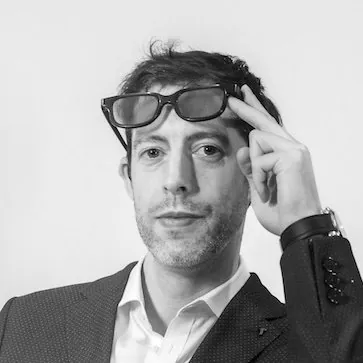

138 / We watch a developer run tests, teach AI pedantic rules, and fix 80+ HTML problems automatically — and argue why TDD matters more than ever.
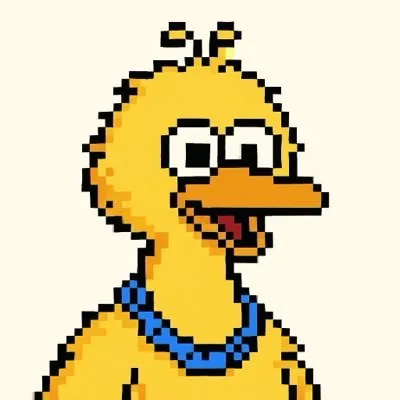

 +1
+1
137 / Tokenizing aviation assets: securitizing junior/mezzanine tranches, liquidation mechanics, insurance/factoring, market-making/stalking-horse liquidity

136 / Compare MX Master 4 to MX Master 3 on Mac: heavier feel, changed thumb design with a capacitive touch wheel, extra plastic slowing action, and double-mapped button quirks, how to setup without Logi Options


135 / Remix, formerly under Ethereum Foundation, is now an independent entity. We discuss its past and future with Rob. Business planning for the future of this essential developer tool.
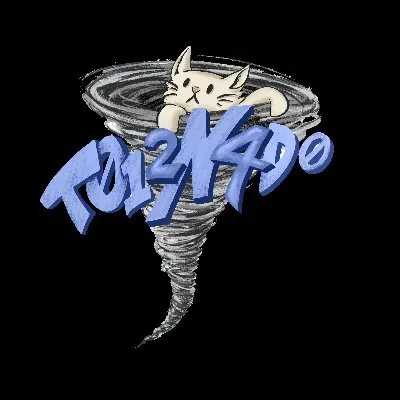

134 / Build a reusable Swift module with Xcode 16.3—update a starting point for iOS projects by inserting files via Terminal, handling version bumps, bugs, and quirks to keep your code future-ready & solid.

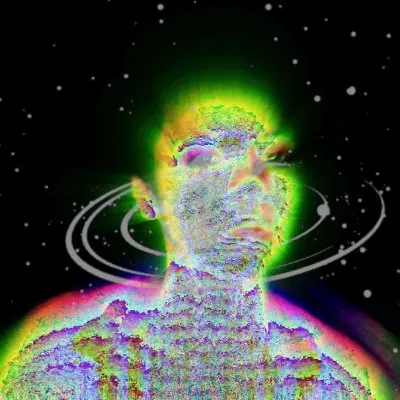
 +2
+2
133 / Explore how copy-paste coding practices using resources like bootstrap and polyfill.js pose security risks in web development. Understand how unnoticed changes in such external scripts, akin to past left-pad incidents, can compromise websites, affecting large platforms like Google Maps. Discover solutions including downloading resources locally and integrity checks, and compare software issues to recent physical supply chain attacks in Lebanon. Learn risk mitigation strategies like verifying supply chain integrity and testing inertial properties.



132 / How you can do basic diligence before buying a project. Oh and PS we look at the OpenSea Wells Notice, where they fail a basic diligence of not being a securities broker.


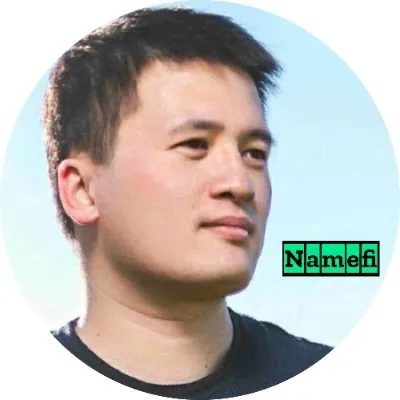 +2
+2
131 / Explore Ethereum Foundation's trademark policies, GitHub issues, and its influence over blockchain forks. Examine Ethereum's control, community misconceptions, and debates on branding authority amidst legal challenges.
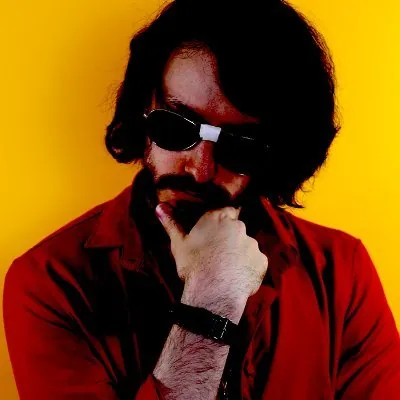


130 / Privacy is not the main feature for Proton mail. Exploring the Swiss-based alternative Proton, the episode sheds light on its features like email encryption, multiple email addresses, and a user-friendly calendar. Looking at Google's legal troubles, privacy concerns.
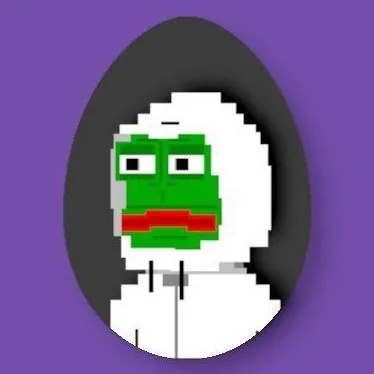


129 / Wouldn't it be great is a major consumer goods company started using QR codes on all their products? And added serial numbers and for traceability? And could connect to digital twins? We announce here the largest company do it this year.
Your host is William Entriken with special cohosts.
We recognize participants in Community Service Hour for joining our weekly call and presenting projects.
ℹ️ Follow everyone at once with our our lists on X.
Release early, release often. We build open source and share our experiences with the world.
We are a community of people who are passionate about art, software, neural networks, changing society by example, launching products.
Join each week live to discuss with like-minded people. All it takes in one hour a week to further your career, plus a few extra minutes to show yourself off.
If you've never contributed to an open source project before… that is the best place to start. Because you will directly connect with people, you are welcome everywhere and everything you do goes straight into your portfolio. A good way to start is to create a profile on GitHub (fill it out ENTIRELY), find any project you are interested (for example this web page you are reading is open source), edit to fix a typo there and then send your contribution however to the project maintainer. On GitHub this is called "save", "fork" and "pull request", you get all those by clicking the green buttons after you save your change.
From your first typo-fix, you have already passed 80% of the world in building your portfolio in technology. Yes really. Put it on your resume. Yes really. Then imagine what other project you will take on next. You're welcome to share with us on the call, and can expect lots of encouragement.